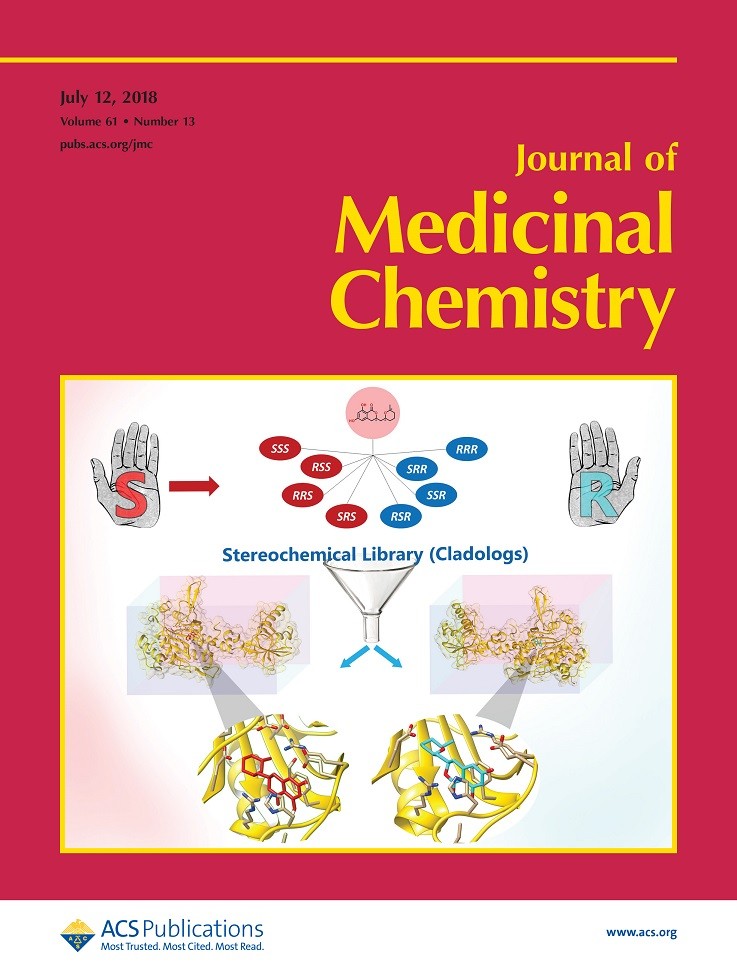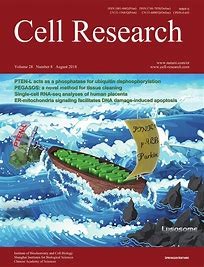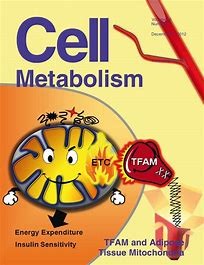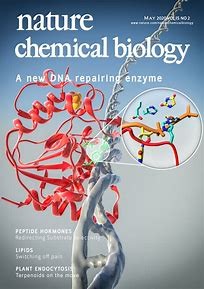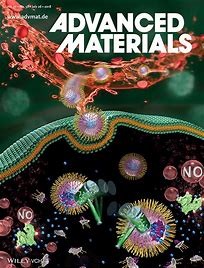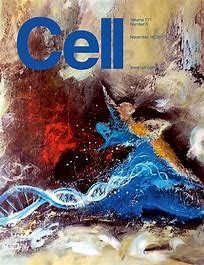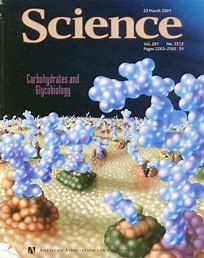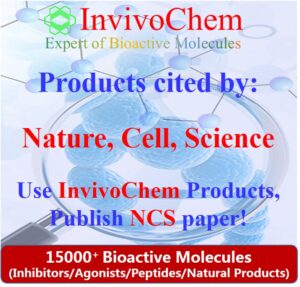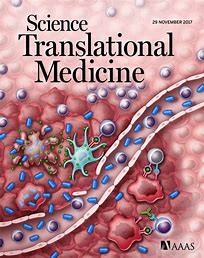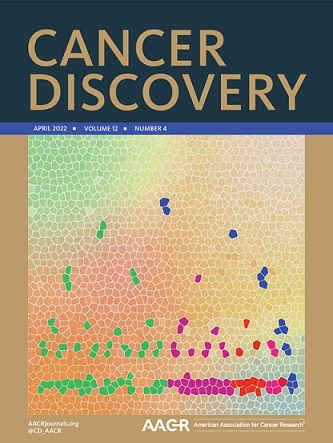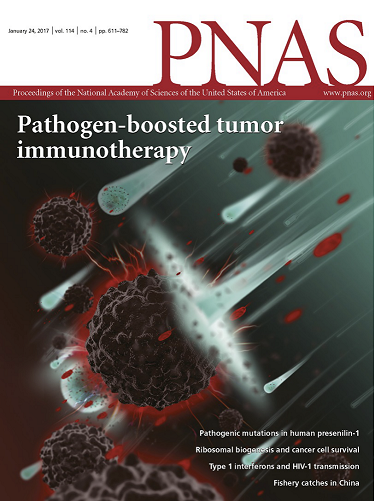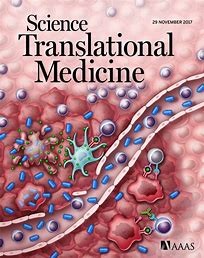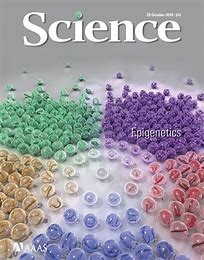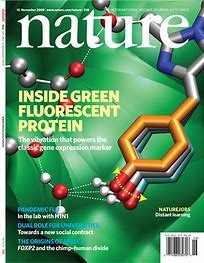Dichloroacetate
This product is for research use only, not for human use. We do not sell to patients.

For small sizes, please check our retail website as below: www.invivochem.com
| Size | Price | Stock |
|---|---|---|
| 5g | $150 | Check With Us |
| 10g | $250 | Check With Us |
| 20g | $375 | Check With Us |
Cat #: V2768 CAS #: 2156-56-1 Purity ≥ 98%
Description: Dichloroacetate (CPC-211; DCA; X-11S) is a potent and specific inhibitor of pyruvate dehydrogenase kinase (PDK) with IC50 values of 183 and 80 μM for PDK2 and PDK4 respectively.
Top Publications Citing Invivochem Products
Publications Citing InvivoChem Products
Product Promise

- Physicochemical and Storage Information
- Protocol
- Related Biological Data
- Stock Solution Preparation
- Quality Control Documentation
| Molecular Weight (MW) | 150.92 |
|---|---|
| Molecular Formula | C2HCl2O2.Na |
| CAS No. | 2156-56-1 |
| Storage | -20℃ for 3 years in powder formr |
| -80℃ for 2 years in solvent | |
| Solubility In Vitro | DMSO: 30 mg/mL (198.78 mM)r |
| Water: 30 mg/mL (198.78 mM)r | |
| Ethanol: 30 mg/mL (198.78 mM) | |
| SMILES Code | O=C([O-])C(Cl)Cl.[Na+] |
| Synonyms | Bichloroacetic acid, BCA; Sodium Dichloroacetate; CPC-211; DCA; X-11S |
| Protocol | In Vitro | Sodium dichloroacetate increases ROS generation in mitochondria. Sodium dichloroacetate affects cell growth and viability through the ROS production increase derived from the promotion of oxidative metabolism. The effects of Sodium dichloroacetate on multiple myeloma cell viability, cell cycle arrest, and apoptotic cell death were associated with pyruvate dehydrogenase kinases (PDK) inhibition, restored pyruvate dehydrogenase (PDH) activity, and the promotion of oxidative metabolism in association with increased intracellular ROS production which depends on the Sodium dichloroacetate dose. The Sodium dichloroacetate effects cooperated with C I inhibition promoting the oxidative stress in rat VM-M3 glioblastoma cells. Increased ROS levels in Sodium dichloroacetate-treated cancer cells are related to the induction of apoptosis associated with the increased cytochrome c expression. Sodium dichloroacetate causes ROS-dependent T-cell differentiation. |
|---|---|---|
| In Vivo | A single Sodium dichloroacetate dose causes a significantly higher 24 h diuresis in Wistar male rats, and the increased diuresis is related to NKCC2 inhibition. The NKCC2 is more abundant in kidneys of intact females compared to intact males, with a greater transporter density in Sprague-Dawley female rats. The NKCC1 RNA expression levels in Sodium dichloroacetate-treated gonad-intact and castrated males are significantly decreased, and no such effect is determined in the gonad-intact and castrated female Sodium dichloroacetate-treated rats. The oral Sodium dichloroacetate bioavailability in naïve male rats dosed 5, 20 and 100 mg/kg is significantly lower than in GSTζ-depleted ones (10%, 13%, 81% and 31%, 75%, 100%, respectively). The liver extraction of Sodium dichloroacetate in the GSTζ-depleted rats has linear kinetics, but it decreases with the metabolism saturation at higher doses. |
These protocols are for reference only. InvivoChem does not
independently validate these methods.
| Solvent volume to be added | Mass (the weight of a compound) | |||
|---|---|---|---|---|
| Mother liquor concentration | 1mg | 5mg | 10mg | 20mg |
| 1mM | 6.6260 mL | 33.1301 mL | 66.2603 mL | 132.5205 mL |
| 5mM | 1.3252 mL | 6.6260 mL | 13.2521 mL | 26.5041 mL |
| 10mM | 0.6626 mL | 3.3130 mL | 6.6260 mL | 13.2521 mL |
| 20mM | 0.3313 mL | 1.6565 mL | 3.3130 mL | 6.6260 mL |
| Quality Control Documentation |
|
|---|
The molarity calculator equation
Mass(g) = Concentration(mol/L) × Volume(L) × Molecular Weight(g/mol)
Mass
=
Concentration
×
Volume
×
Molecular Weight*
The dilution calculator equation
Concentration(start)
×
Volume(start)
=
Concentration(final)
×
Volume(final)
This equation is commonly abbreviated as: C1 V1 = C2 V2
Concentration(start)
C1
×
Volume(start)
V1
=
Concentration(final)
C2
×
Volume(final)
V2
Step One: Enter information below
Dosage mg/kg
Average weight of animals g
Dosing volume per animal µL
Number of animals
Step Two: Enter the in vivo formulation
%DMSO
+
%
+
%Tween 80
+
%ddH2O
Calculation Results:
Working concentration:
mg/ml;
Method for preparing DMSO master liquid:
mg
drug pre-dissolved in
µL
DMSO(Master liquid concentration
mg/mL)
,Please contact us first if the concentration exceeds the DMSO solubility of the batch of drug.
Method for preparing in vivo formulation:
Take
µL
DMSO master liquid, next add
µL
PEG300, mix and clarify, next add
µL
Tween 80,mix and clarify, next add
µL
ddH2O,mix and clarify.
Note:
- (1) Please be sure that the solution is clear before the addition of next solvent. Dissolution methods like vortex, ultrasound or warming and heat may be used to aid dissolving.
- (2) Be sure to add the solvent(s) in order.

